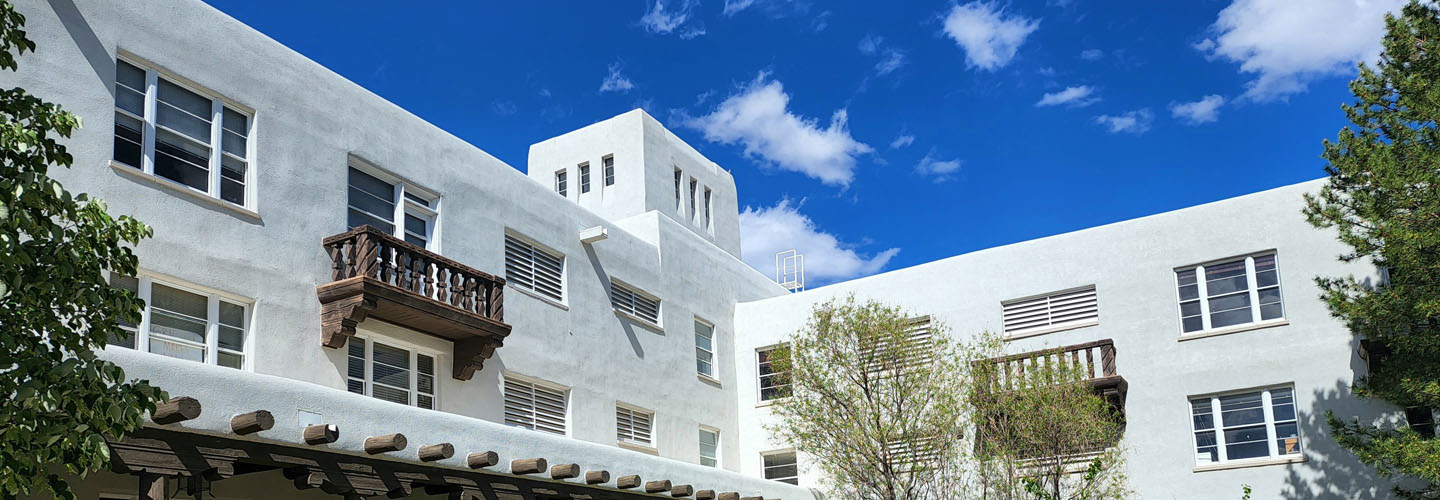About the Center
The Southwest is home to diverse landscapes and communities, a border-crossing heritage, and cycles of imperial and national conquest and local resistance. The Center for the Southwest builds on the strengths of UNM’s History Department in U.S. West, Native American, Latin American, borderlands, gender, and environmental history to advance the study of the region in continental, hemispheric, and global contexts. It supports both historical and cross- disciplinary approaches, with an eye to the transnational and trans-regional networks that make the region a crossroads of empires, nations, and peoples. Through scholarly initiatives, speakers, workshops, colloquia, institutional partnerships, student mentorship, and community engagement, it connects scholars, students, and publics across the borderlands and beyond.

